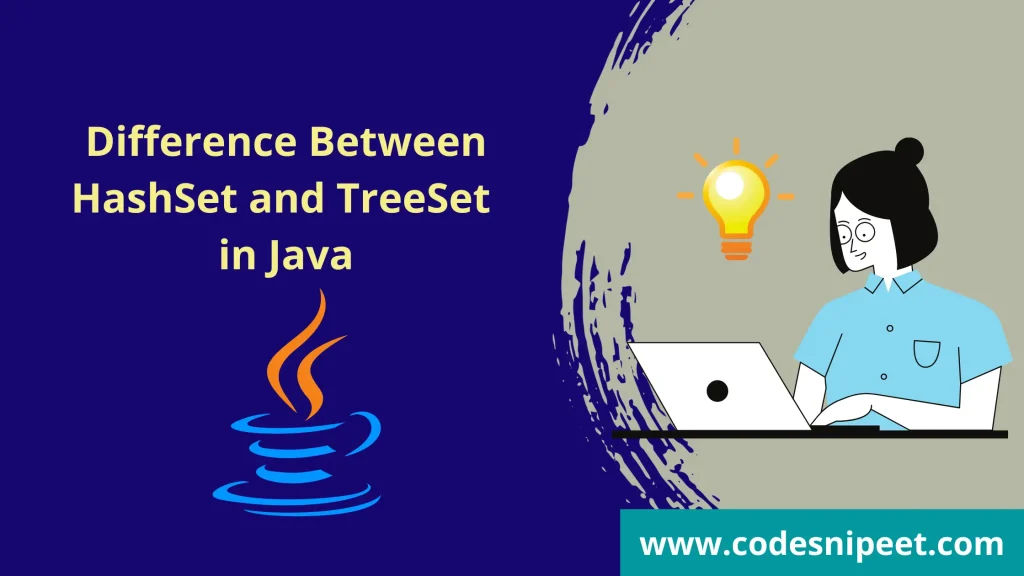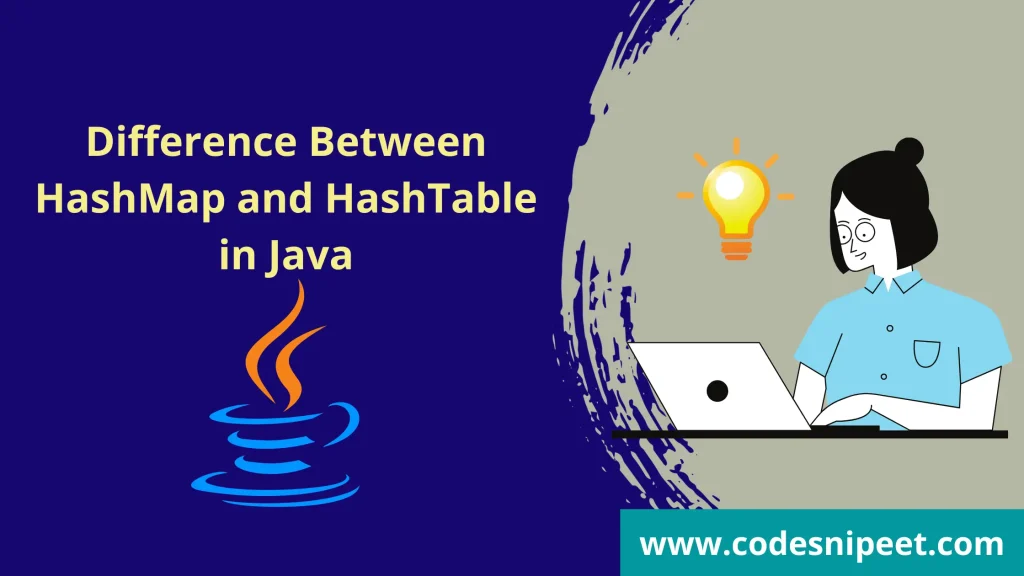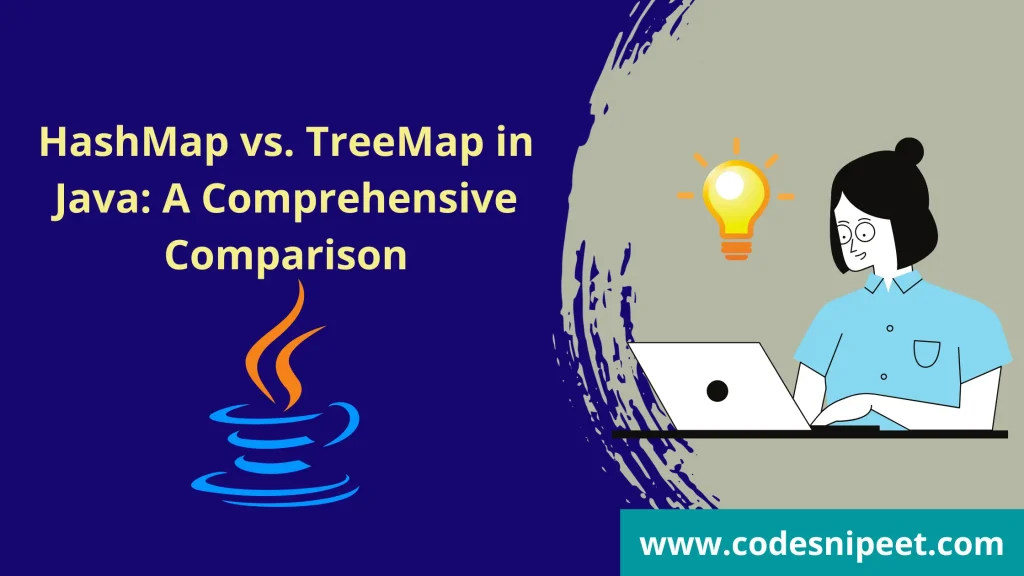Posted inInterview Questions Java
Understanding the Difference Between HashSet and TreeSet in Java
When working with Java collections, two commonly used implementations of the Set interface are HashSet and TreeSet. Both are used to store unique elements, but they have significant differences in terms of internal implementation, performance, and usage. In this article, we’ll explore the key differences between HashSet and TreeSet, their use cases, and provide clear examples to help you understand when to use each.






